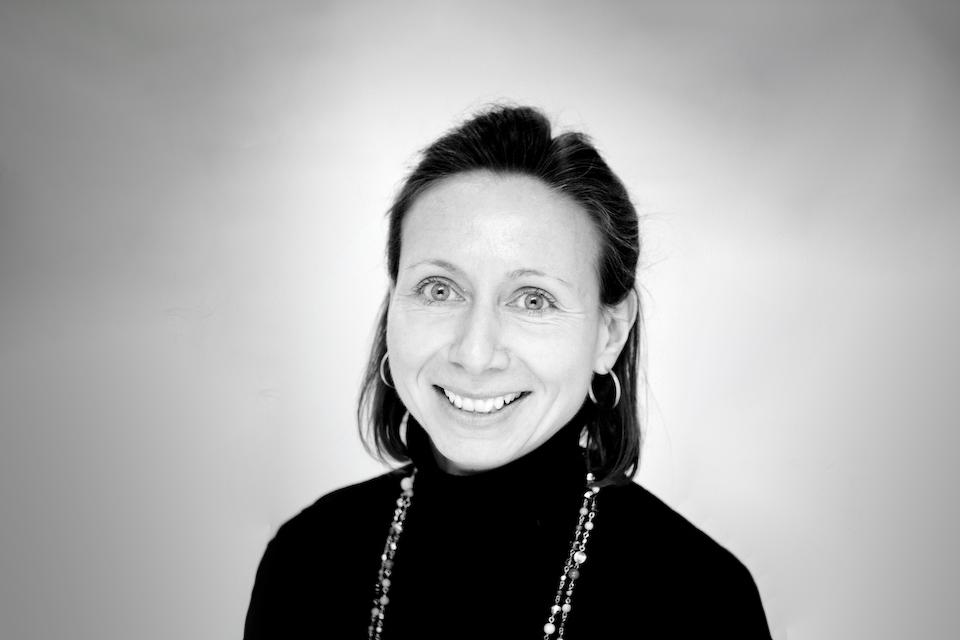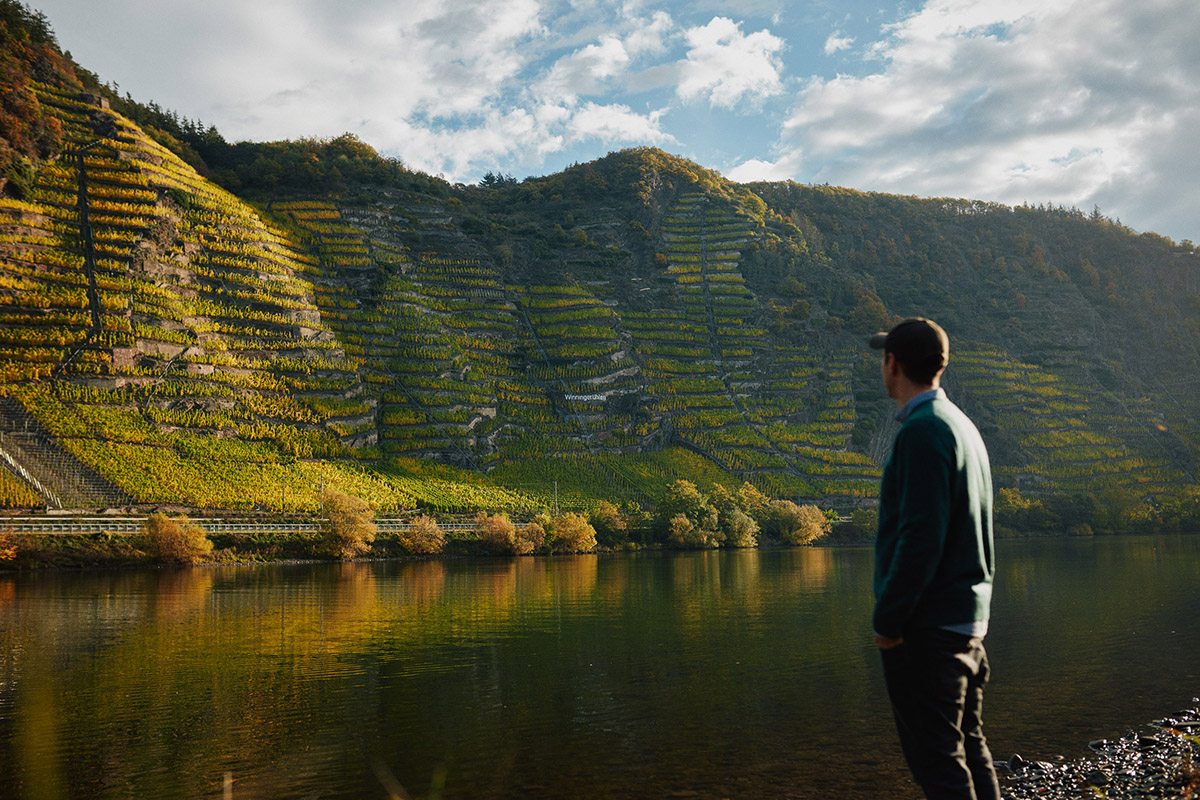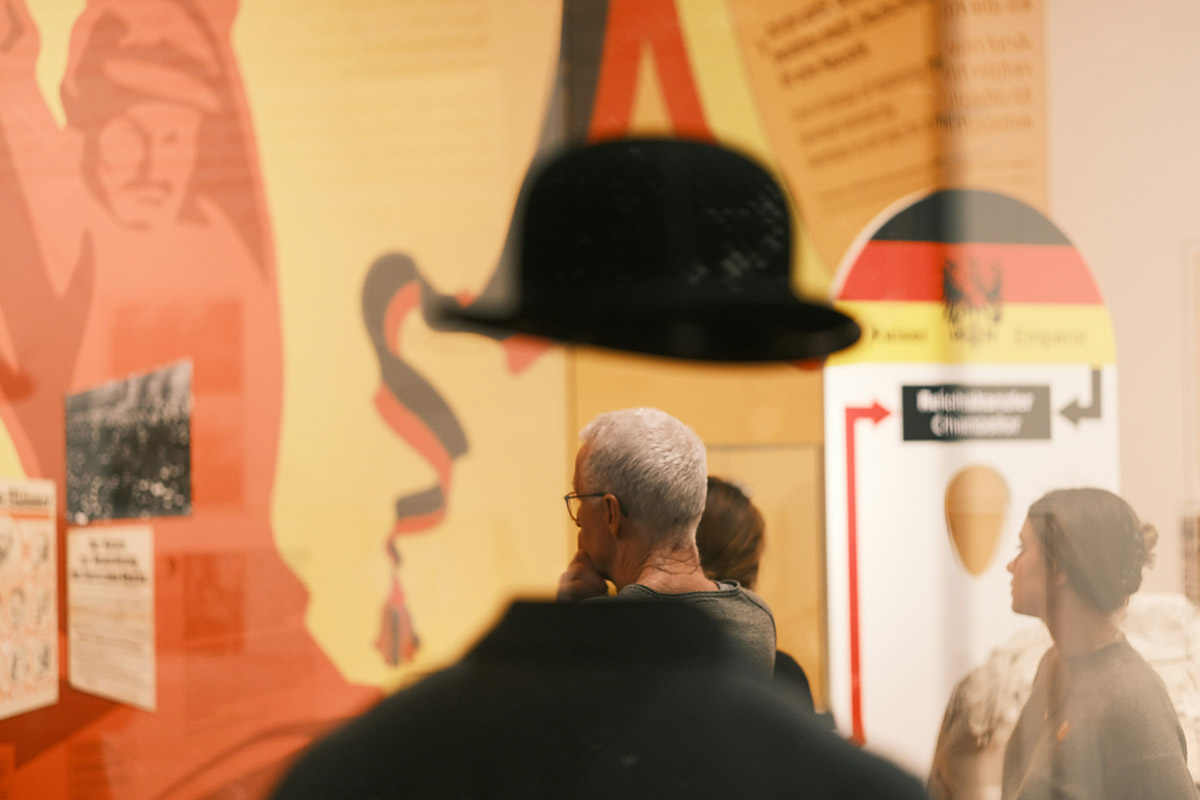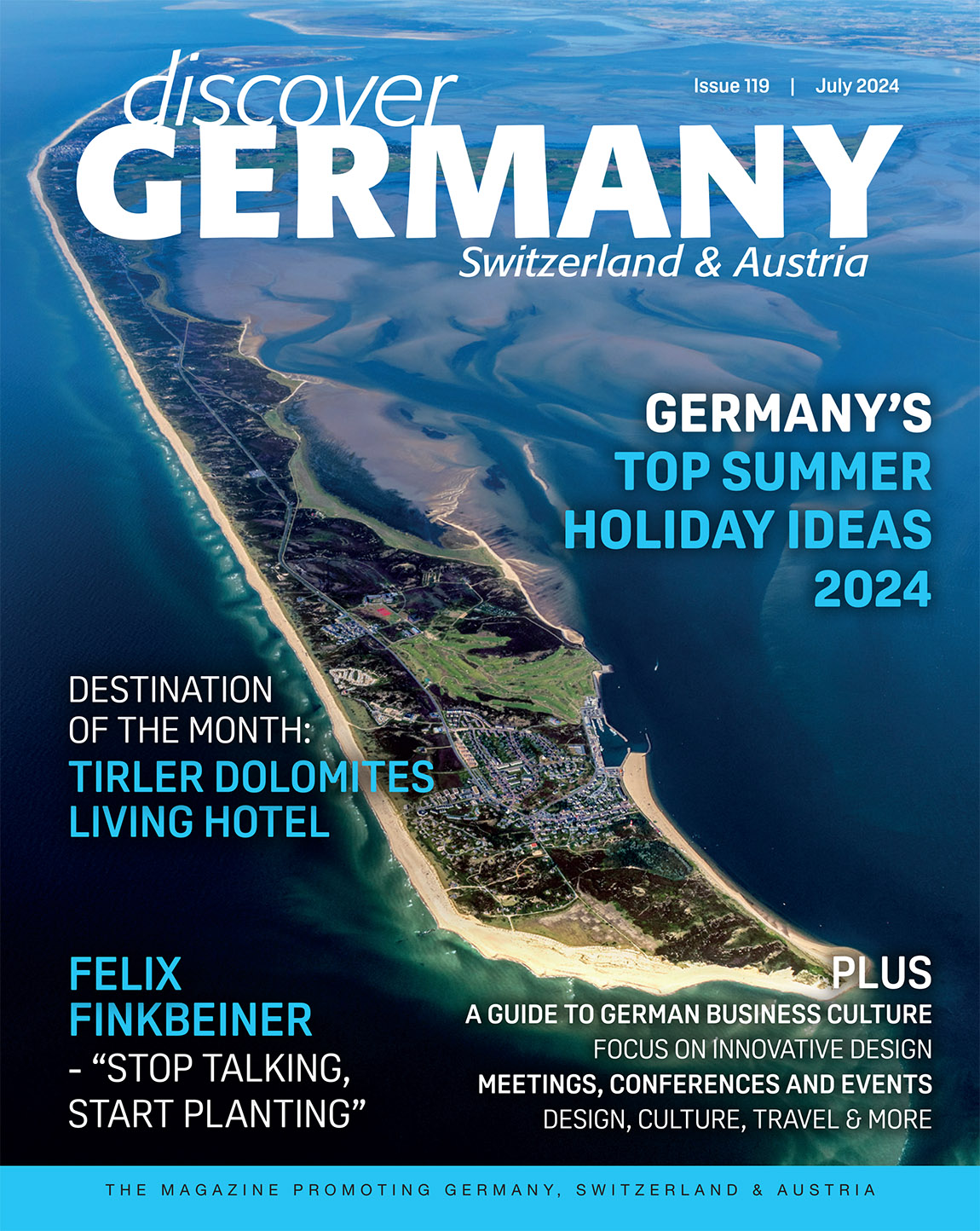Barbara Geier: The madness returns…

Fasching, Karneval, Fastnacht – the words might be different, but the madness is the same. Each year in February, Germany, or more precisely, certain parts of Germany, get into a very special carnival spirit. With (big) parades and (long) parties, (heavy) drinking and (outrageous) dressing up, Germany is probably the European country most dedicated to carnival celebrations.
What happens in the streets and towns, mainly in the Rhineland in and around Cologne, Düsseldorf and Mainz and in southern Germany, will look strange to foreigners. A few years back, a British friend of mine happened to – innocently – arrive in Cologne by train on ‘Rose Monday’ (the Monday before Ash Wednesday), which is the day of the big carnival parade with floats making their way through the city and thousands and thousands of revellers lining the streets. His reaction: “I thought I’d ended up in a lunatic asylum,” which is, it has to be admitted, a very apt description.
Officially, the German carnival season – also called the ‘fifth season’ – starts on
11 November at 11:11 am. The actual celebrations take place in a period of about six days in February and culminate on ‘Rosenmontag’ with the aforementioned parades, mainly in cities in western and southern Germany, and parties on the following ‘Fastnachtsdienstag’, the last day of carnival, known as ‘Shrove Tuesday’ in the English-speaking world. The origins are Christian, with carnival being the ‘last hurrah’ before fasting begins on ‘Ash Wednesday’ until Easter.
I guess it’s fair to say that Germans today don’t think much about the roots of the festivities they are participating in. The tradition, however, is one that is taken very seriously and it seemed that for some die-hard ‘Karnevalisten’ (carnival revellers), the worst effect of the Covid pandemic was that it put a stop to any kind of proper carnival happenings for the past three years.
It would be wrong to think, though, that all Germans are so keen on it; quite the opposite. I’m from a carnival region myself and never cared for it, and according to a YouGov survey a few years back, I’m not alone with that sentiment. The survey found that the group of carnival fans and carnival opponents is equal in size at 28 per cent each. 41 per cent said they are indifferent. Irrespective of what those figures indicate, the German carnival hubs of Cologne, Dusseldorf & Co will definitely put on a big party this year – and should you happen to be in one of those places at the time, you’ll know now that they have not turned into lunatic asylums, appearances notwithstanding.
Barbara Geier is a London-based freelance writer, translator and communications consultant. She is also the face behind www.germanyiswunderbar.com, a German travel and tourism guide and blog that was set up together with UK travel writer Andrew Eames in 2010. Disclaimer: The views and opinions expressed in this column are those of the author and do not necessarily reflect the official policy or position of Discover Germany, Switzerland & Austria.
Subscribe to Our Newsletter
Receive our monthly newsletter by email


